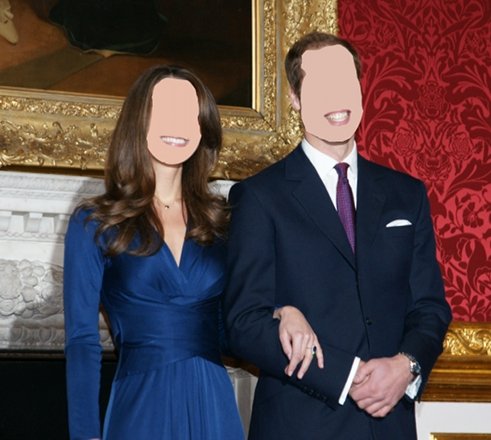Gosh, it’s been a depressing week in British politics. Austerity is such a grey, foggy, Victorian sort of word. They’ll be talking about retrenchment next.
And you don’t have to be an expert in the fine details of the budget to realise that there’s no way the government can cut total spending by 20% without making the country a harder, nastier place in a whole lot of ways, some obvious and some subtle.
I was at a party the other day where parents were swapping tips about places to take young children, and they were commenting that London’s parks all seem rather nice these days. They’re well-maintained, and clean, they have nice facilities, and they’re making an effort to be better for wildlife. Well, with a 30% cut in local government funding, I think it’s a safe bet that those parks are going to become grottier, grimmer, a little bit less of an escape from the city around them. Which seems like a good symbol for what’s going to happen to the whole country.

And since 85% of the debt was run up bailing out the banks, most of this pain is being inflicted in the name of saving the bankers from the consequences of their own incompetence.
But that’s not the really depressing part. It might be possible to take a deep breath and face the cuts as stoically as possible, if I was actually sure that they were going to have the desired effect. If I believed that they were the only thing keeping Britain from becoming the next Greece, if I was sure that the cuts were going to lay the foundation for a more stable and more prosperous economy in the longer term… but meanwhile there are Nobel prize winning economists like Krugman and Stigliz saying that, on the contrary, this is the worst thing the government could possibly be doing. The killer quote from the most recent Stigliz article:
Austerity converts downturns into recessions, recessions into depressions.
Now I don’t know whether they’re right. I suppose I have to hope not. But it really would be the vomit garnish on a shit sandwich if the effect of all these cuts was to take a weak economy and give it a good kicking.
Meanwhile Cameron, Clegg and Osborne seem to be rather enjoying themselves. Partially perhaps because of a pre-existing ideological commitment to the idea of small government, but I think mainly because they’re rather enjoying the vision of themselves as dynamic men of action, men with the leadership qualities to make the hard decisions. Of course the British economy is where it is because a group of decisive, dynamic go-getters in very expensive suits decisively and dynamically cocked up on a catastrophic scale. The politicians have obviously been watching and learning.




![014EVA000000000U06967000[SVC2]-1](https://heracliteanfire.net/wp-content/uploads/2010/05/014EVA000000000U06967000SVC2-1.jpg)